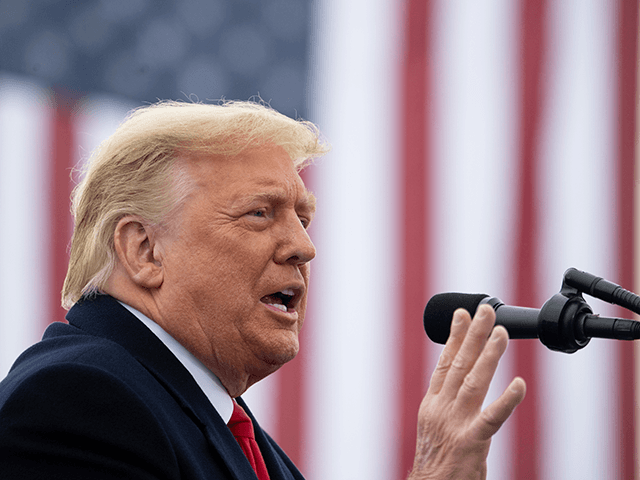The Supreme Court threw out disputes Monday claiming Donald Trump profited from the presidency through financial interest in his private company in a breach of the Constitution’s emoluments clause.
“The high court sent the cases, brought by a government watchdog group and the attorneys general of Maryland and the District of Columbia, back to the lower courts with instructions to dismiss them as moot, as Mr. Trump is no longer in office, and vacated the opinions against him,” CBS News reported.
Initially filed in 2017, the cases claimed Trump violated the Constitution’s foreign and domestic emoluments clauses through his financial interest and ownership of his hotels and restaurants.
“The provisions prohibit the president from accepting any gift, office, title or emolument from a foreign state or domestic officials without congressional approval,” the CBS article read.
Although Trump’s lawyers fought the lawsuits, the lower courts declined to dismiss the cases, therefore the president brought his appeals to the Supreme Court, NBC News reported:
Maryland and Washington contended that the president improperly benefited financially whenever foreign or state governments patronized the Trump Hotel on Pennsylvania Avenue. Their lawsuits said government officials wanted to curry favor with him, so they patronized in his hotel to the disadvantage of D.C.’s convention center and Maryland’s National Harbor development, both of which earn local tax revenue and help area businesses.
The Supreme Court’s dismissal “leaves no judicial opinions on the books in an area of the law that has been rarely explored in U.S. history,” according to the Associated Press (AP).
“Other cases involving Trump remain before the Supreme Court, or in lower courts,” the report said.
While Trump handed over control of his company to his two eldest sons, Donald Trump Jr. and Eric Trump, following the 2016 presidential election, he did not divest from the company, the CBS article concluded.

COMMENTS
Please let us know if you're having issues with commenting.